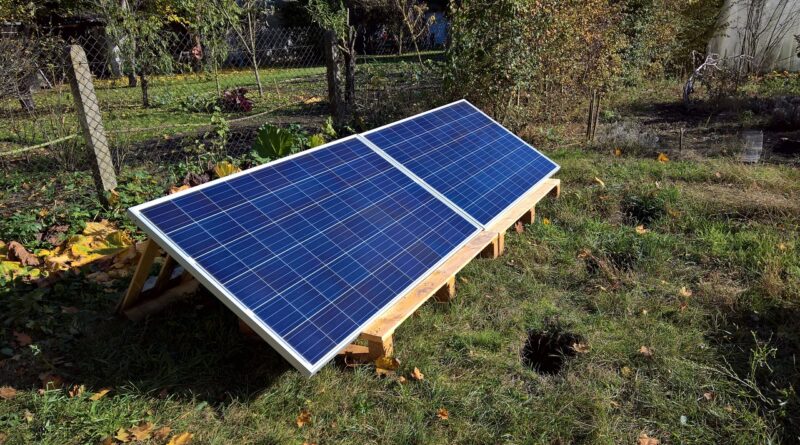Factors affecting Production of Solar Modules in India
Introduction:
Due to rising demand for renewable energy sources and increased awareness of environmental sustainability, the solar energy industry in India has experienced tremendous expansion in recent years. But a lot of obstacles and variables impact how it operates and expands. We’ll talk about a few of the key elements influencing Indian solar producers in this post.
1. Government Policies and Regulations:
Government rules and policies have a big impact on the solar business in India. The economics of solar module production can be impacted by modifications to import/export laws, tax incentives, and budgetary frameworks. To remain competitive in the market, manufacturers must keep up with government efforts and modify their business plans accordingly.
2. Technological Progress:
The swift advancement of solar cell manufacturing across the globe has had a significant impact on Indian manufacturers. Sustaining financing for research and development is essential for introducing new technologies, improving productivity, and reducing production costs. It is essential to maintain competitiveness. Staying abreast of technical changes is imperative for manufacturers seeking to innovate and succeed in the market.
3. Linear Challenges:
The production of solar modules requires a variety of parts, such as inverters, silicon wafers, and raw materials. Supply chain disruptions, such as changes in material prices,
4. Quality Standards and Certification:
Meeting international quality standards and obtaining certification are essential for solar module manufacturers to gain customer trust and access to international markets. Compliance with quality standards ensures the reliability and durability of solar components. Manufacturers must invest in quality control procedures, testing facilities, and certification to demonstrate compliance with industry standards.
5. Investment and Market Cap:
Solar projects require a lot of initial investment and developers are highly dependent on project financing. Fluctuations in interest rates, credit availability and changes in market conditions can affect the demand for solar panels. Founders must be effective in meeting funding challenges, foster collaboration with financial institutions, and explore innovative funding models.
6. Competition from Foreign Markets:
India and its solar industry face competition from foreign markets, especially from countries with solar manufacturing powerhouses. To compete globally, Indian manufacturers must focus on strengthening price competitiveness, improving efficiency and diversifying their products. Cooperation and cooperation with international companies can also be a strategy to overcome these challenges.
7. Skilled and trained manpower:
To make sure that we have enough people who know how to work with solar energy, we need to train them well. This means they need to learn about new technologies and how to make solar panels. To do this, we need to have special programs to teach them and work together with schools. The people who make solar panels also need to spend money on training their workers so they can be really good at their jobs.
Conclusion:
The increasing demand for solar energy poses challenges for solar module manufacturers in India as their processes become more sophisticated, but Premier Energies stands as the best for these productions. The sustained expansion of this exciting and dynamic sector depends on managing supply chain concerns, keeping up with legislative changes, and adjusting to technological advancements. Manufacturers may guarantee their own competitiveness in the global market and aid in the expansion of the Indian solar industry by effectively addressing these concerns.

